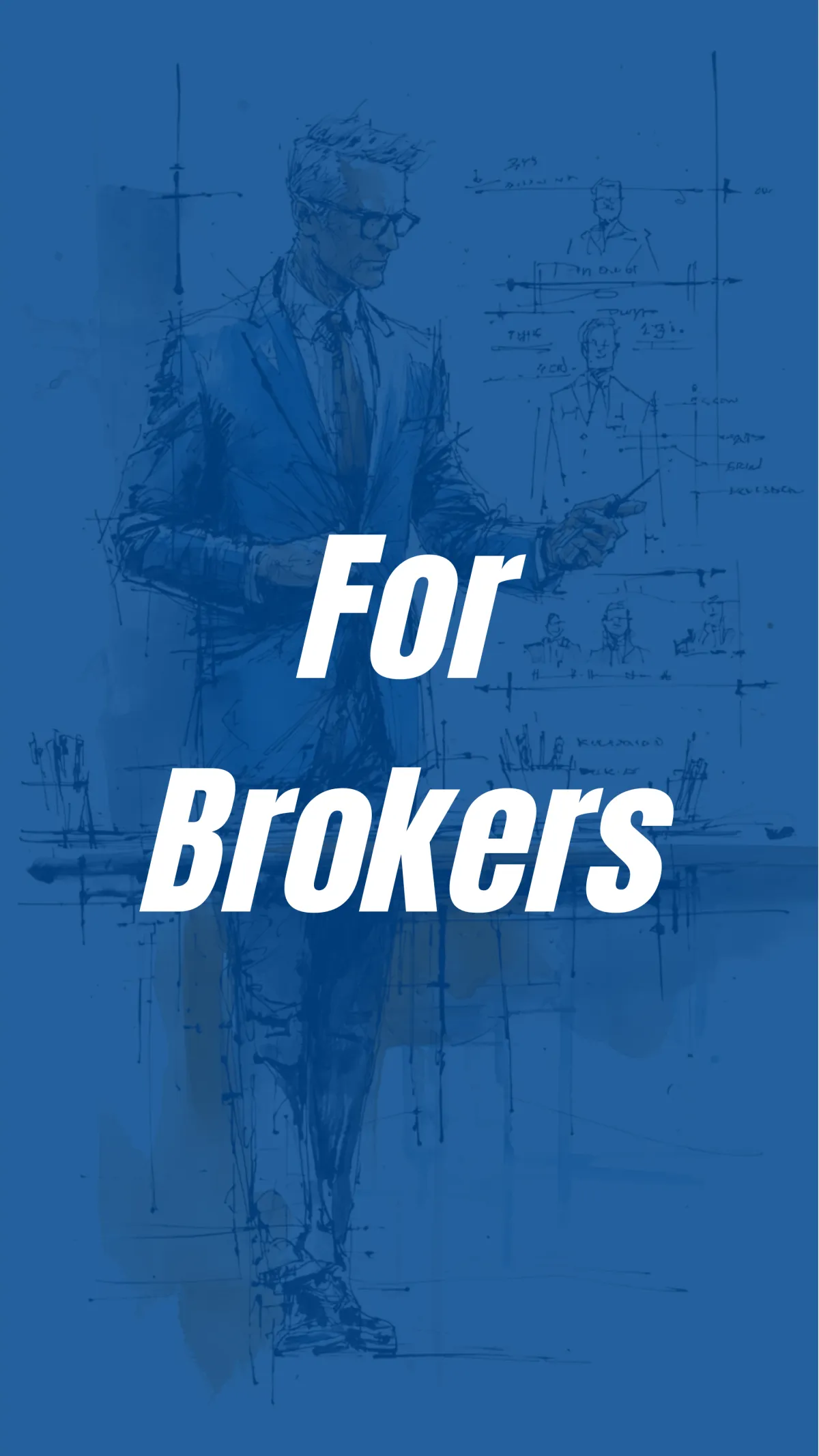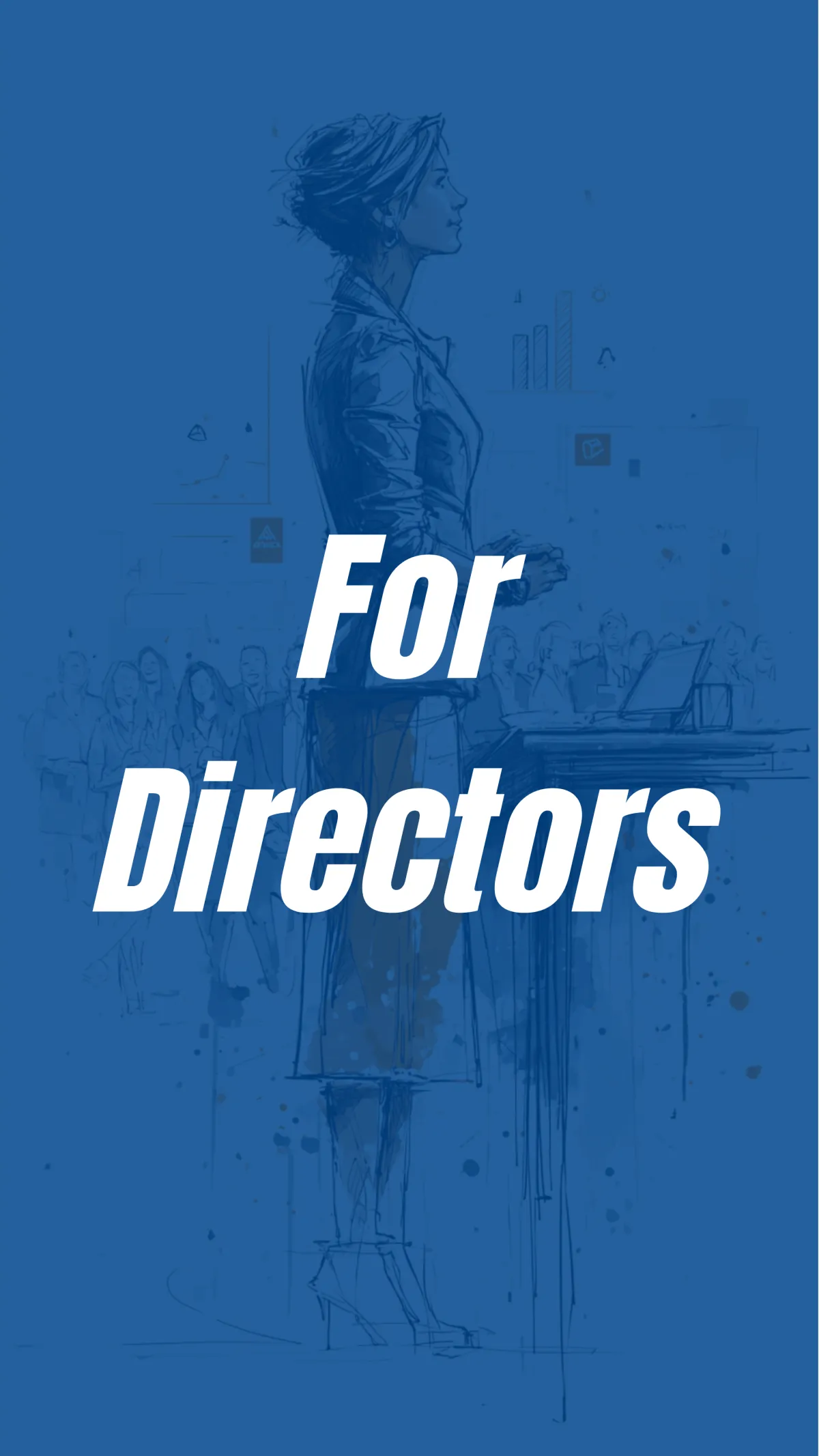
How Can Brokers Scale Relationships Without Losing Trust?
Many brokers face a common dilemma. How can brokers scale relationships without losing trust? It's a tricky balance, growing your business while keeping things personal and making an effort to stay connected with clients.
It's like that age-old question: Can you have your cake and eat it too? In the brokerage industry, you actually can.
Unlock your potential with AI-powered solutions tailored to your real estate needs. Save time, grow faster, and work smarter. Schedule your discovery session now at lesix.agency/discovery.
Staying Connected While Growing Your Brokerage
The core of any successful brokerage is its relationships, but how can brokers scale relationships without losing trust? The real magic happens when those relationships are rooted in a deep foundation of mutual trust. These are the things that people don't say they don't know in conference break rooms.
Think of a recent study of large business commercial insurance customers. Risk managers said that contact was important. Brokers that were more difficult to get ahold of scored the lowest.

Consistent, Clear Communication
Clear lines of communication make everyone feel at ease. This builds stronger, longer-lasting professional bonds and helps you build strong relationships based on clients trust.
Do clients prefer a quick text, or do they appreciate a thoughtful email? A brief check-in call can go a long way. Sometimes clients are left to wonder, especially as junior sales team members learn the ropes.
Delegate, But Don't Disappear
It’s about adding the right team members and the appropriate support. As you expand, your direct involvement will change, but it shouldn’t vanish. Becoming a trusted advisor takes time.
Clients become wary when there’s a lack of follow-through from the initial agreement, especially the top broker or real estate agent. Clients need to be able to trust whoever the client-facing representatives will be at your firm.
How can brokers scale relationships without losing trust?
Technology is changing the playing field. Brokers can now provide their team with tools. Things do not need to happen as slowly anymore.
Mortgage brokers, for instance, are leaning more on being “relationship managers". Research indicates that borrowers want brokers to understand their goals. You're there for major life events, beyond transactions.
Using Tech to Stay Personal
Think of a CRM system as a “smart” address book. It's keeping track of little things, allowing you to tailor those personal interactions that build loyalty. This is part of a good business strategy.
Using data can give brokers more personalized conversations. Technology can remind you of things clients have mentioned in the past that could help personalize their next interaction with you. Using data analytics is very helpful.
Client relationship tools keep things personal, and also free up mental space. You do not need to remember it all as technology does some heavy lifting. Using something like this for a broker team lets team members always know the previous information the client shared.
Automation: Friend, Not Foe
Think about automated email check-ins, not as generic blasts, but as personal notes triggered by key dates or events. The system takes on some of the load for following up, however you still have a high-touch level of care for your clients. Systems like this keep important steps in-sync.

Building Systems That Support Real People
Systems matter because they allow things to work at larger and larger volumes. Even the most personable broker only has so much time. Good customer service is crucial.
This growth needs thoughtful processes that allow client relationships to remain quality even as things expand. Scaling things like relationships can start by recognizing a company can help keep standards high, but also grow. Remember to view events in your industry.
Document What "Great Service" Means
Does that sound strange, turning something natural into a checklist? Sometimes the best way to teach your growing team how to maintain top-notch interactions is with things such as written instructions, especially for junior members. This sets up a higher chance of consistency across all team members.
Clients have mentioned that they just want responses in a few business days. This allows you to manage expectations and know when deliverables are ready to meet client timelines. Sometimes there are just bumps that have to be overcome before a project can truly move forward.
Training is an Investment, Not an Expense
When a junior broker joins your team, they bring potential—but success isn’t automatic. Setting clear expectations from the start ensures they understand how to work with clients at your firm.
Investing time in structured training early on maintains high standards across your organization, no matter how fast you grow. Developing talent requires commitment, a solid professional development plan, and a culture of continuous learning.
Consistent quality doesn’t happen by chance. It comes from clear guidelines, ongoing training, and a unified approach to client service. Stay ahead by establishing strong internal standards and keeping up with the latest industry insights.
Embrace Feedback and Handle Problems Smoothly
How do brokers know when something is off track? They pay attention. Open communication prevents small issues from becoming big problems. Social media can also provide valuable insights—clients sometimes mention concerns there.
However, not all problems come with a direct complaint. Sometimes, brokers must take corrective action before a client even speaks up.
A clear warning sign is when issues in broker-client relationships start piling up on your desk. Ignoring problems only allows them to grow, potentially impacting client trust—and ultimately, revenue growth. Address concerns proactively to keep your business moving forward.
Regular Check-Ins: Make it a Habit
Don’t wait for problems to fester. Quick regular check-ins with clients will allow for concerns to be made clear by team members and the client. These could even be in-person meetings.
Do clients and team members share problems with ease? Many will only take the chance to provide suggestions when it is made easy for them and their concerns can be addressed quickly.
Don't Fear the Feedback.
Consider this scenario: A long-time client finally admits they're confused by your new reporting system. It isn't about making them "wrong,". Feedback should make the other person in your relationship not feel heard, instead take things positively for new learning in your relationship.
Honest communication is very important in all human interactions and it also helps to build trust. Being more positive creates greater transparency which in turn also increases the likelihood that important matters are actually voiced. This applies to your working relationship with any law firm you partner with.
Problems show opportunities for change. They are actually opportunities for improving experiences.
How You Handle a Misstep Matters Most
A broker taking full responsibility allows new strategies to step up, rather than it leading to bigger mistakes down the road. Some have pointed out this opportunity to actually show client advocacy when addressing new solutions. Showing you understand industry trends is important.
Addressing a mistake, will show your clients that their trust in you wasn't misplaced. Showing customers an ability to keep their business is another step forward. Your customers or clients do recognize how problems are overcome.
Transparency Wins Over All
Transparency helps give all the involved parties peace of mind, in all of the relationships. No surprises makes client trust happen. Trust allows your customers to be open with your team to keep addressing whatever issues may appear.
Imagine if clients were uncertain if something had been addressed by your brokerage team, rather than waiting to follow up, that trust helps to have the right conversation. Trust helps your team and the customer stay at a top level of ease with communication and comfort to provide feedback. Open communication like this strengthens loyalty when the customer is reassured the work has indeed happened to a higher standard.
The "Why" Behind Decisions
Major shift in your fee structure coming up? Give a breakdown of how decisions have come together. Discuss risk management strategies.
If there is something the client is missing, providing further details helps the client to grow in their own business. Taking a new strategy while protecting clients such as important information is one method of approach for your company or firm to take.
Keeping It Real: Limits of Technology
Are you starting to use a new AI tool? Your clients would rather be given information about this change and how to use the system. Rather than waiting till problems start and cause larger disruptions across the relationship.
Sharing a shift with your clients and a demo shows a business that has clear intentions of transparency and willingness. Providing these details in advance could be well appreciated. Use artificial intelligence wisely.
Changes sometimes give discomfort, so easing in updates to workflows help your clients understand you’re building systems for greater mutual benefit. Explain how you're improving claims handling procedures.
Conclusion
It all comes down to this very balance. How can brokers scale relationships without losing trust? Relationship management means remembering that even as business operations move into larger figures and a grander scope, there are always people and strong core values powering those engines.
Growth in real estate doesn’t require forgetting the reasons your brokerage started to scale in the first place, the relationships. Instead of letting rapid scaling up disrupt human connections that drove all your brokerage progress so far, technology can be embraced. Be clear about transparency, as things change at your firm.
Ready to take your real estate success to the next level? Schedule your discovery session today at lesix.agency/discovery. Stay ahead with tips and insights—subscribe to our newsletter at lesix.agency/newsletter.










